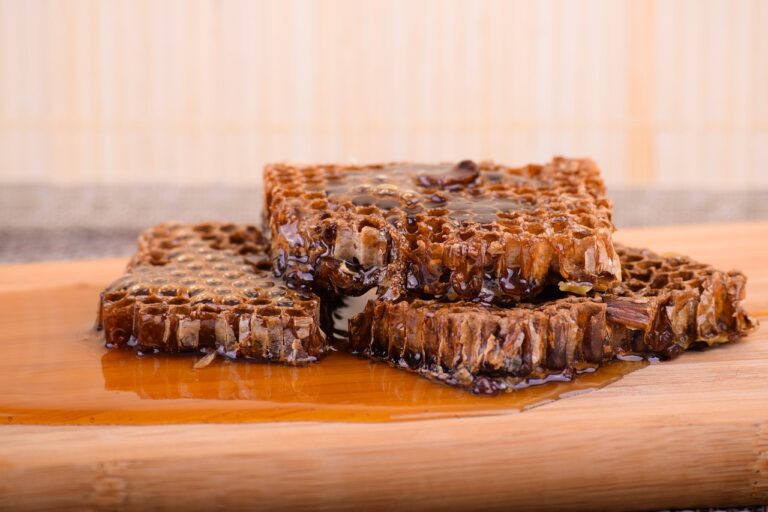The Role of Genetics in Athletic Performance
Muscle fiber composition is largely determined by genetic factors, with variations in specific genes playing a key role in shaping the ratio of fast-twitch to slow-twitch muscle fibers in individuals. These genetic differences can influence an individual’s athletic performance and response to different types of training. For example, certain genetic variations may predispose individuals to having a higher proportion of fast-twitch fibers, which are associated with explosive power and strength.
In addition to influencing muscle fiber composition, genetic factors can also impact an individual’s susceptibility to muscle injuries and their ability to recover and adapt to training stimuli. Variations in genes related to muscle structure and function, such as those encoding for specific proteins involved in muscle contraction and metabolism, can affect an individual’s muscle fiber type distribution and overall muscle performance. Understanding the genetic factors that influence muscle fiber composition can provide valuable insights for personalized training programs and injury prevention strategies.
Impact of Genetic Variation on Oxygen Utilization
Various genetic variations have been found to play a significant role in dictating an individual’s ability to utilize oxygen during physical activity. These variations can impact the efficiency of oxygen delivery to muscles and the ability of muscles to extract and utilize oxygen for energy production. For example, certain genetic variants may influence the expression of genes involved in the production of red blood cells, hemoglobin, or enzymes that are essential for oxygen utilization within muscle cells.
Studies have shown that individuals with certain genetic variations may have a higher aerobic capacity due to their enhanced ability to utilize oxygen efficiently. This can translate to improved endurance and performance in activities that require sustained aerobic energy production. On the other hand, individuals with genetic variants that negatively impact oxygen utilization may experience limitations in their aerobic capacity and may fatigue more quickly during physical exertion. Understanding the role of genetic variation in oxygen utilization is crucial for personalized training and performance optimization strategies.
What role do genetic factors play in muscle fiber composition?
Genetic factors play a significant role in determining the proportion of different types of muscle fibers in an individual’s muscles.
How does genetic variation impact oxygen utilization?
Genetic variation can influence an individual’s ability to effectively utilize oxygen during physical activity, which can impact their overall athletic performance and endurance.
Can genetic testing help determine an individual’s oxygen utilization capacity?
Yes, genetic testing can provide valuable insights into an individual’s genetic predisposition for oxygen utilization, which can be useful for optimizing training and performance strategies.
Are there specific genes that are known to influence oxygen utilization?
Yes, there are several genes that have been identified as playing a role in oxygen utilization, including genes related to muscle function, metabolism, and cardiovascular health.
Can lifestyle factors override the influence of genetic variation on oxygen utilization?
While genetic factors can play a significant role in oxygen utilization, lifestyle factors such as training, nutrition, and overall health can also have a significant impact on an individual’s ability to utilize oxygen efficiently.





